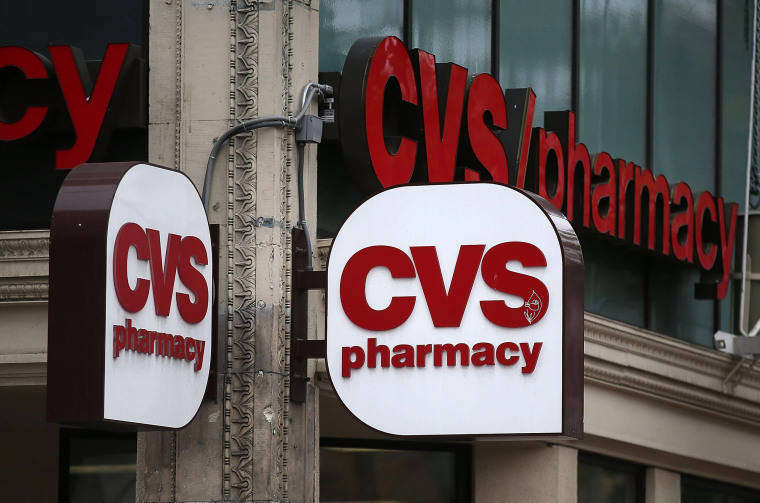CVS Pharmacy announced Wednesday that it will require independent testing on all the vitamins and supplements sold in its almost 10,000 stores to assure customers that they are getting what they think they are.
The testing, which will look at safety and label accuracy, is the Rhode Island-based company’s latest effort to bring under control the unregulated vitamins and supplements industry.
CVS says they have already tested more than 1,400 products from 152 brands, across 11 categories including diet and nutrition, pain, and digestive supplements for safety and label accuracy.
Of those products tested, 7 percent did not meet safety or accuracy standard and were pulled off the shelves.
The initiative is part of CVS’ “Tested to Be Trusted” program, a campaign that seeks to inform customers that all of the dietary supplements sold on its store shelves will now be independently verified. The goal is to show costumers that the company is a trusted partner in the health and holistic wellness community.
The testing is being done by an independent third party and not done by CVS. Companies that do this include NFS International and U.S. Pharmacopeia, although CVS did not state if it will be working with either one.
“CVS Pharmacy's requirement of third-party testing of all vitamins and supplements uniquely positions us as a trusted retailer and health partner where consumers can shop for proactive wellness solutions with confidence,” Kevin Hourican, president of CVS Pharmacy and executive vice president of CVS Health, said in a statement. “We are seeing more customers focus on self-care as part of their overall health, and CVS is committed to providing access to new products and categories to empower people to practice self-care in their daily lives, especially since self-care varies based on an individual's needs.”
Most vitamins and dietary supplements are not regulated by the Food and Drug Administration, which means they do not undergo rigorous safety testing.
“A lot of consumers don't realize that the FDA does not regulate dietary supplements like multivitamins/minerals and herbal supplements before they go to market. Supplements can be contaminated with dangerous ingredients like lead or pharmaceutical drugs. In some supplements, the amount of the nutrient stated on the bottle is not the amount actually in the bottle,” said Beth Kitchin, a registered dietitian and an assistant professor in the University of Alabama at Birmingham’s Department of Nutrition Sciences.
“So this requirement by CVS is good news for consumers. Supplements will now have to have the approval of a third-party independent group — such as the USP. This will assure customers that the supplement has in it what it says it has in it and that it is not contaminated with potentially dangerous ingredients,” she added.
Kitchin cautions that this development requiring a 'seal of approval' does not mean that the supplement is effective or gives consumers any health benefits. “Supplement makers do not have to prove that their products are effective — and this new initiative will not change that,” Kitchin told NBC News.
Last year, a study published in the Journal of the American Medical Association found that many of these products contain unapproved and unregulated, pharmaceutically active ingredients.
And in 2016, GNC — the country’s largest retailer of supplements — agreed to pay $2.25 million in a settlement with the Department of Justice in response to the federal government’s ongoing crackdown on supplements that contain hidden drug ingredients, harmful compounds or that don’t truthfully list their ingredients.
Still Kitchin believes this is an overall positive development to keep a largely unchecked vitamin industry accountable.
“This is a much-needed pro-consumer move by CVS,” Kitchin said.
FOLLOW NBC HEALTH ON TWITTER & FACEBOOK


